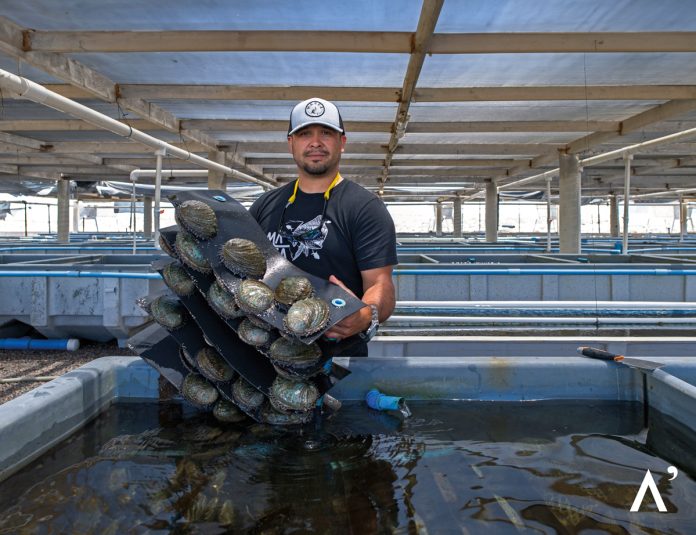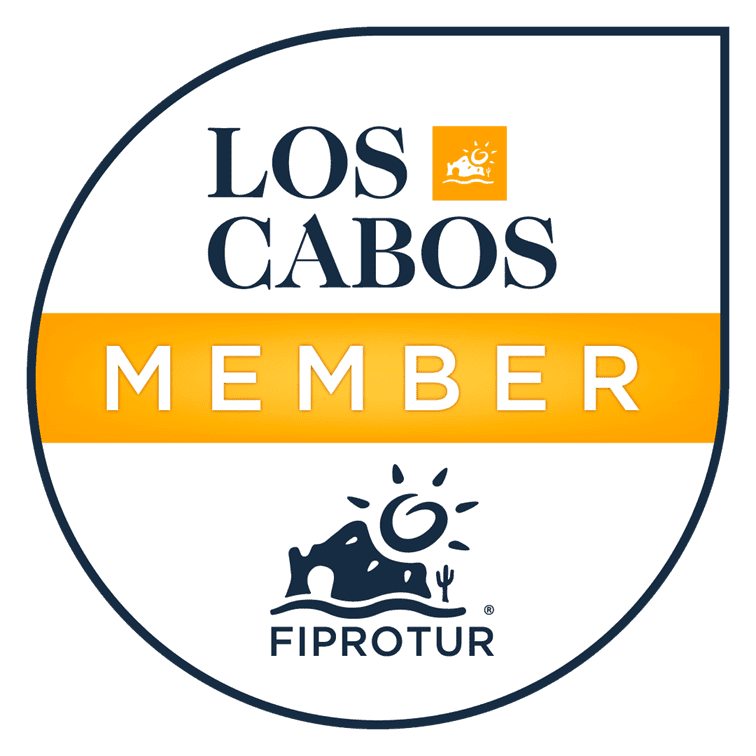Domingo Aguilar Ozuna opens the doors of the Progreso Cooperative Society in the community of La Bocana to show us the cultivation process of this endemic species of Baja California Sur that is in danger of extinction. This fishery in the North Pacific zone is one of the most socioeconomically important due to its economic benefits, foreign exchange earnings and generation of direct and indirect employment.
This aquaculture practice represents a sustainable alternative to commercial fishing of wild populations. “Here in Mexico, we only have two abalone fattening farms: us and another cooperative that produces red abalone, Centro Acuícola Eréndira, in Baja California.” Fattening consists of providing an adequate diet and monitoring growth. Maintaining stable water quality parameters such as temperature, salinity, and dissolved oxygen, which are crucial for the process.
Domingo preceded Daniel Aguilar, who began farming in 1987 and learned the process of abalone farming from the Japanese. The fishing concession for wild abalone requires a restocking program, so a fattening farm was established ten years ago. “Previously, we were not producing. We were only catching wild abalone. In 2014, we inaugurated our blue abalone farm, which is currently the only one of its kind in the world,” he explains.
The cooperative produces a product near the Vizcaíno Biosphere Reserve’s core zone, and it is sold in China for USD 140 per kilo. Unlike lobster, which is transported live to China for sale, the abalone is canned, providing better negotiation conditions for the producers.
Among cooperatives that produce abalone seed for sea deposit, Sociedad Cooperativa Progreso is a standout. Their foray into blue abalone production on farms has been a resounding success, paving the way for further growth.
Domingo proudly shares, “We were the ones who took the risk to start with this species, naturally.” This statement underscores the unwavering commitment of the cooperative, not just to industry growth, but also to the preservation and maintenance of the species. It’s a testament to their passion and vision.
Domingo’s journey into the world of oceanography was not just a career choice but a testament to his deep-rooted respect and love for the sea. Influenced by his family and the fishing community of La Bocana, he learned to respect the sea when he was a child. His decision to study oceanography was a way to deepen his understanding and maintain that lifestyle, a journey that the audience can’t help but admire.















